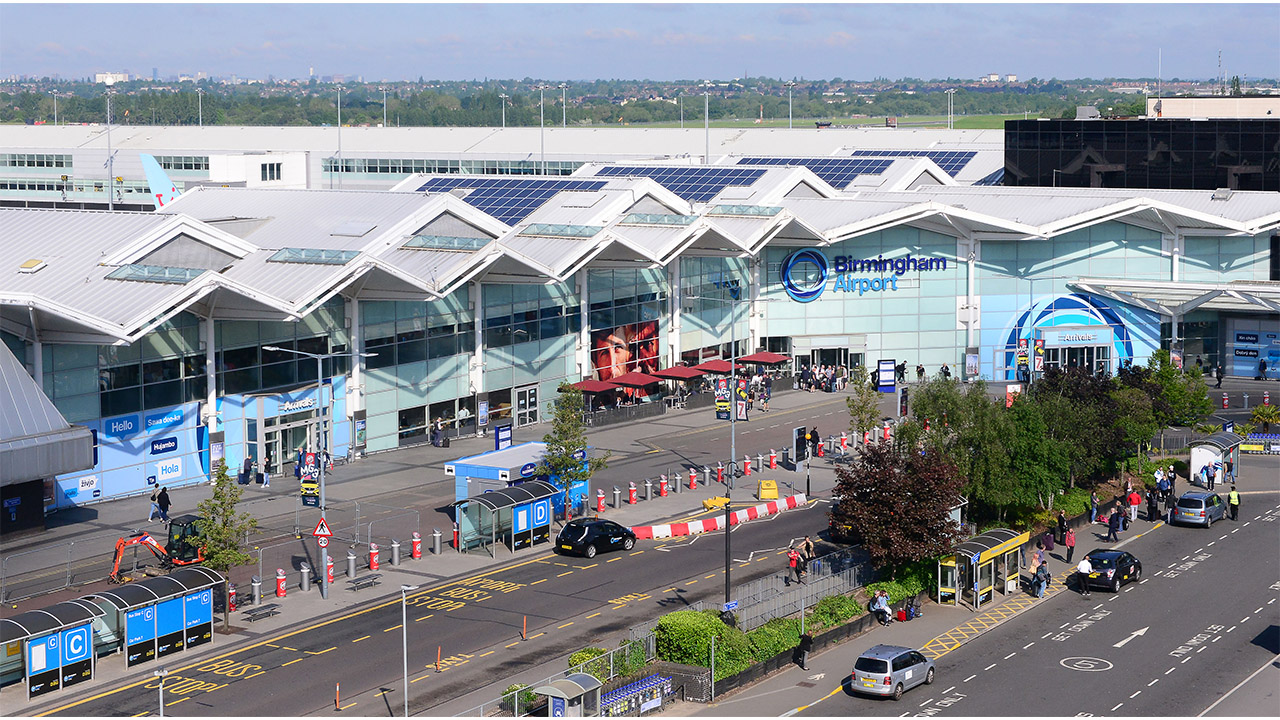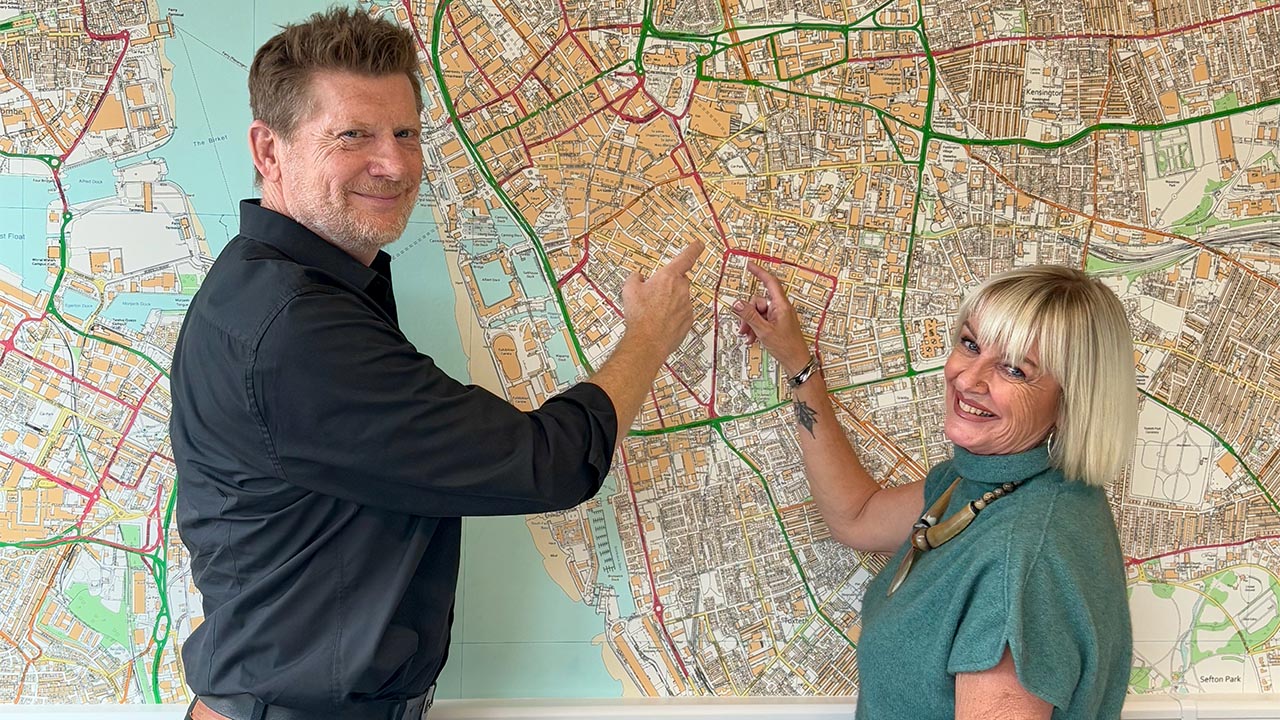Birmingham Airport (BHX) consumed 10% less electricity between April and September 2022 than in the same period in 2019, it was revealed today.
This reduction was achieved using low-energy options, such as LED lighting, smart meters, continual energy-use audits, regular site walk-arounds and driving awareness and behavioural change in the 8,000 people who work at the site.
As well as a 10% drop in electricity use in the six months to September, airport data shows a 32% drop in gas consumption compared to the same period in 2019, the most recent pre-pandemic year.
The West Midland transport hub has declared in its ‘carbon roadmap’ an ambition to become a net zero carbon airport by 2033. BHX aims to reduce the carbon emissions it controls* by 5% against 2019 levels this year, by 60% in 2027 and by +90% in 2033.
Its plan to meet this goal involves implementing low-carbon alternatives into its operation, including vastly expanding its use of solar panels, and continually measuring, and where possible reducing, its energy consumption against the 2019 benchmark.
“We aim to achieve the hugely challenging goal of becoming a net zero carbon airport by 2033 through genuine carbon emissions reductions with the minimum of offsetting,” said Simon Richards, Chief Finance and Sustainability Officer for BHX.
“In our decarbonisation plan, we can see a relatively straightforward path for us getting the first two thirds of our way to net zero. The final third is really challenging and right now we don’t know quite how we’ll do it. We will likely rely on technologies not yet invented.
“We could have set a longer deadline but 2040 or 2050 makes this someone else’s problem. Future generations would not thank us for that. By committing to 2033, we have made this our problem to fix. And fix it we will.”
He added; “While I’m pleased we’ve cut our electricity and gas consumption against 2019 levels, now is no time to relax. Most of our carbon-cutting journey lies ahead of us, so we must maintain focus.”
In line with its Jet Zero strategy, Government has said it plans to set UK airports a goal of becoming zero-carbon by 2040, ahead of its development of a regulatory framework to deliver net zero aviation by 2050.









